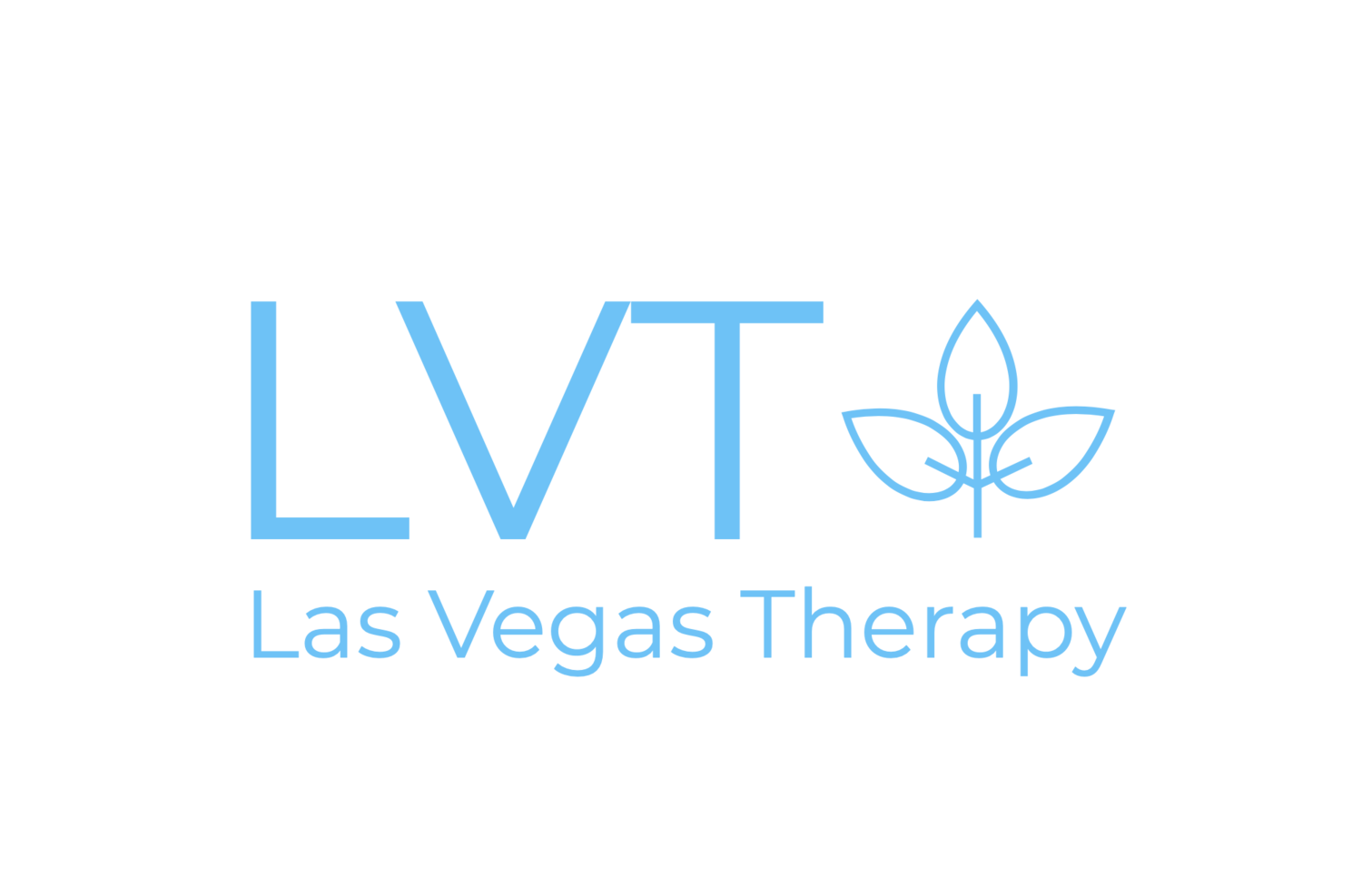In the bustling city of Las Vegas, the pressures on teens can be particularly intense, which may contribute to rising levels of anxiety among young people. At Las Vegas Therapy, we understand that early identification and intervention are key to helping teens manage anxiety effectively. This blog post aims to help parents recognize the signs of anxiety in their teenagers and provide them with the tools to support their children.
Understanding Teen Anxiety
Anxiety in teens often goes beyond the typical fears and nervousness associated with adolescence. It can manifest as an intense and persistent worry that interferes with daily activities. As parents, recognizing the difference between normal teenage angst and more serious anxiety can be crucial.
Signs of Anxiety in Teens
Here are some signs that may indicate your teen is experiencing anxiety:
Excessive Worrying: If your teen seems overwhelmed by worry about things before they happen or about things that are a normal part of daily life, this could be a sign of generalized anxiety disorder.
Changes in Sleep Patterns: Difficulty falling asleep or staying asleep, or sleeping too much, can all be indicators of anxiety.
Physical Symptoms: Common physical symptoms of anxiety include frequent headaches, unexplained aches and pains, muscle tension, and stomachaches.
Avoidance Behavior: Teens with anxiety may avoid social interactions, school activities, or even school itself because these situations cause them increased stress and worry.
Decreased School Performance: If you notice a sudden drop in grades or school performance, it might be due to anxiety affecting your teen’s ability to concentrate and stay focused.
Emotional Outbursts: Teens may express their anxiety through irritability, anger, or sudden unexplained outbursts, which are not typical of their usual behavior.
How Parents Can Help
Recognizing anxiety is the first step. Here are some ways you can support your teen if you suspect they are struggling with anxiety:
Open Communication: Encourage open, non-judgmental conversations. Let your teen know that it’s okay to talk about their feelings and that you’re there to listen, not to judge.
Professional Support: Consider seeking help from mental health professionals like those at Las Vegas Therapy. Therapists can provide a safe space for your teen to explore their feelings and develop strategies to manage anxiety.
Routine and Structure: Help your teen develop a predictable routine. Structure can be incredibly reassuring for anxious individuals, reducing overall stress.
Healthy Lifestyle Choices: Encourage physical activity, a healthy diet, and adequate sleep. These can all have a significant impact on anxiety levels.
Mindfulness and Relaxation Techniques: Teach your teen simple mindfulness exercises and relaxation techniques, such as deep breathing or meditation, which can help manage anxiety symptoms in the moment.
At Las Vegas Therapy, we believe that with the right support and interventions, teens can overcome anxiety and thrive. If you’re concerned about your teen’s mental health, don’t wait to seek professional advice. Early intervention can make a substantial difference in your teen’s life, helping them regain confidence and enjoy their teenage years more fully. Remember, recognizing the signs of anxiety is a step toward empowerment and recovery.

